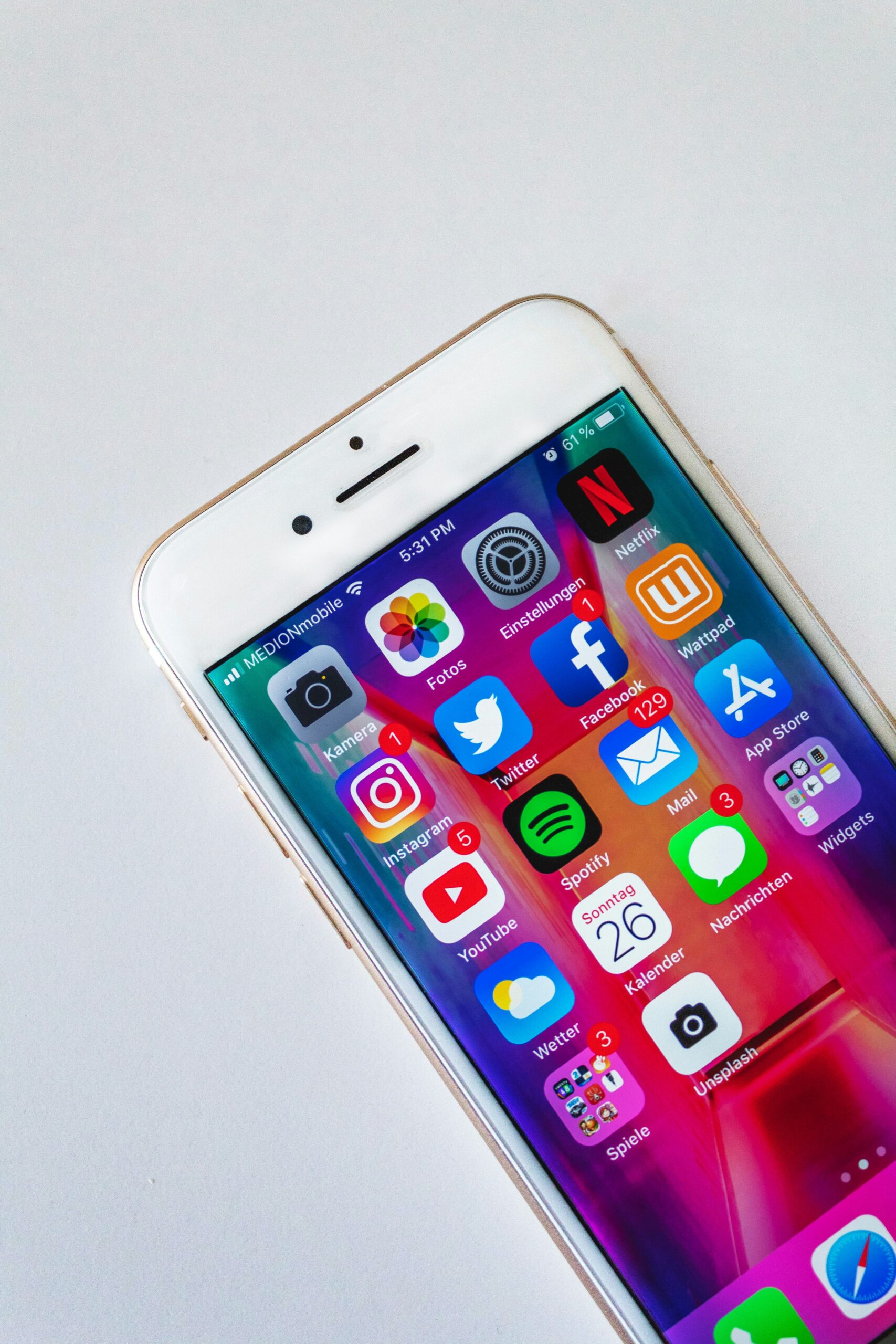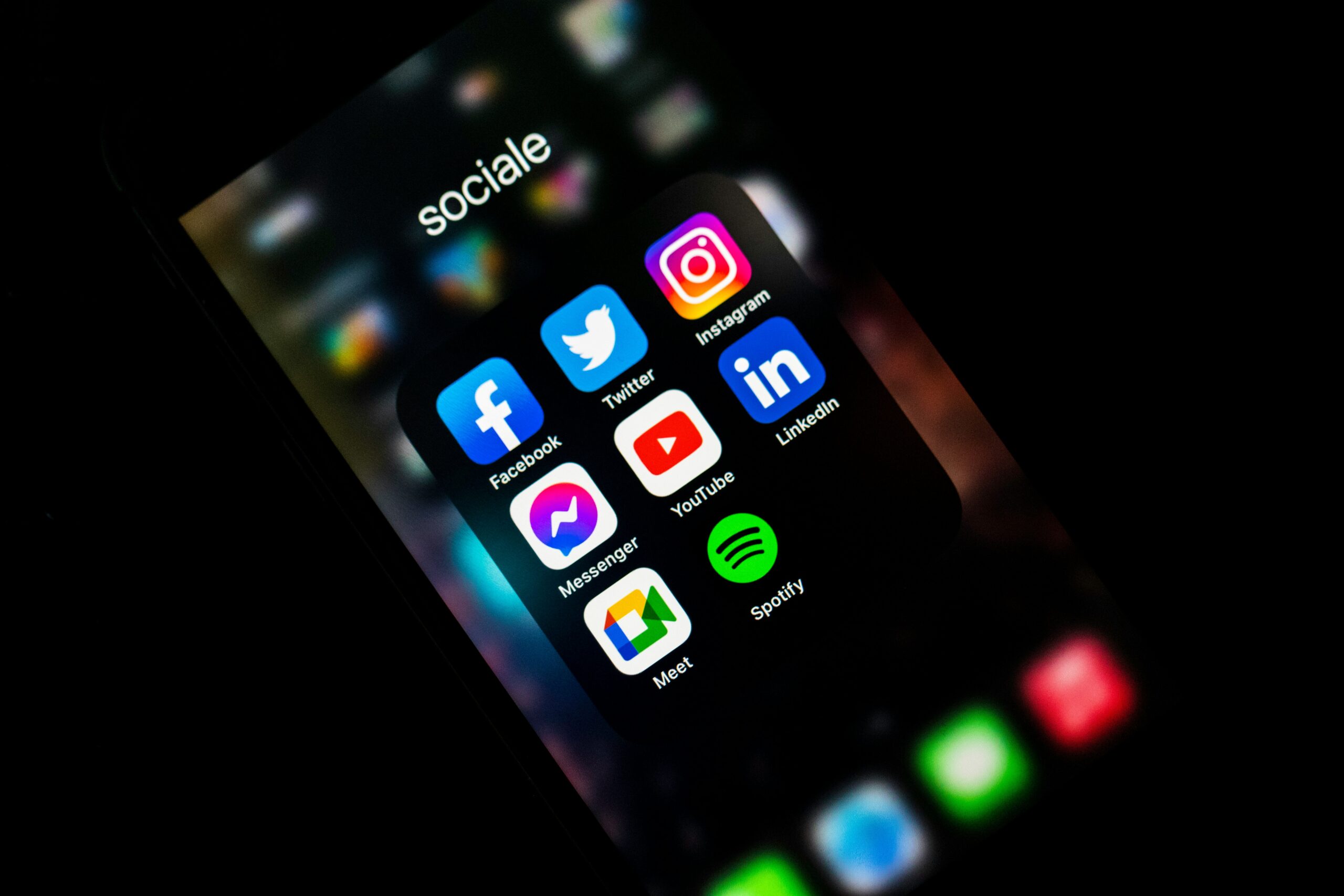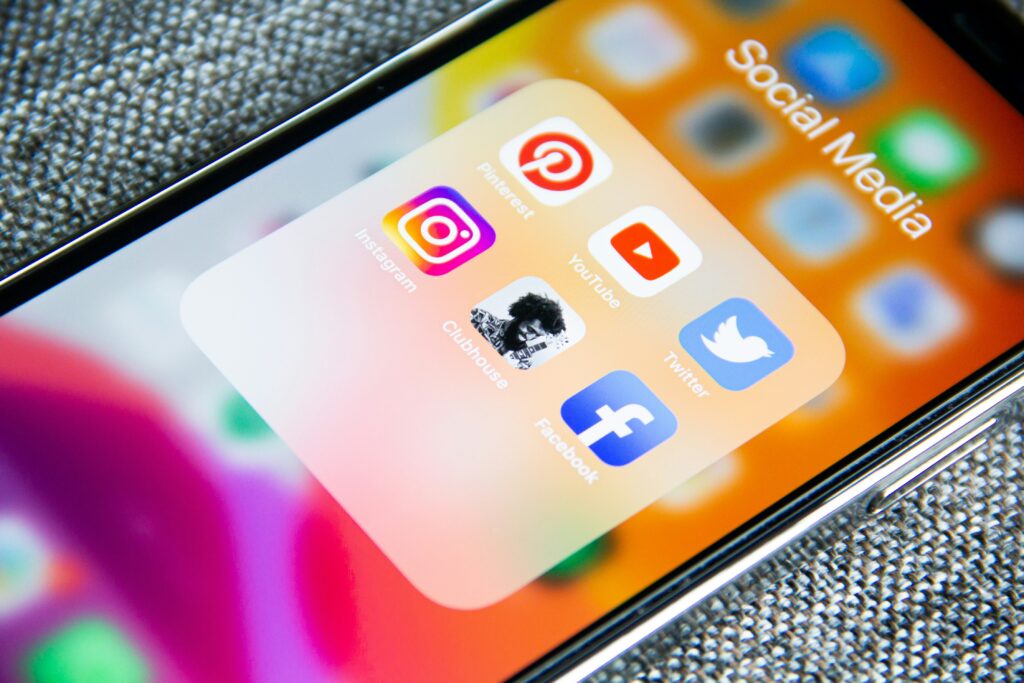Social media has become an integral part of modern sports, changing how athletes, teams, and fans connect. Platforms like Instagram, Twitter, TikTok, and Facebook give athletes the chance to build personal brands, interact with fans, and secure sponsorships. However, social media can also be a double-edged sword, exposing athletes to criticism, controversies, and potential career setbacks.
This article examines the significant influence of social media on sports. It explores how it can both create and destroy athletic careers while offering insights into its role in shaping the future of sports.
How Social Media Builds Athletic Careers
1. Enhancing Personal Branding
Social media helps athletes control their stories, showing their personalities, values, and achievements. A well-managed profile can turn athletes into global icons, attracting sponsorships and endorsements.
For example, soccer star Cristiano Ronaldo has over 500 million Instagram followers, making him one of the most followed people worldwide. His vast reach boosts his marketability and influence beyond the field.
2. Direct Fan Engagement
Social media bridges the gap between athletes and their fans, allowing real-time interaction. Athletes can share behind-the-scenes moments, respond to fans, and build loyal communities.
For instance, tennis champion Naomi Osaka shares her journey, advocates for mental health, and connects with her followers personally through her social platforms.
3. Opportunities for Sponsorships
Brands often seek athletes with strong social media followings to promote their products. Sponsored posts, partnerships, and affiliate marketing create additional income streams.
For example, gymnast Simone Biles secures valuable sponsorships through her social media, working with brands like Athleta and Visa.
4. Amplifying Advocacy and Causes
Athletes use social media to bring attention to social issues, using their influence to inspire change.
NBA star LeBron James, for example, frequently speaks out on racial equality and social justice, earning respect for his activism.

How Social Media Can Break Athletic Careers
1. Public Scrutiny and Cancel Culture
Social media magnifies every action, exposing athletes to intense public scrutiny. One controversial post or comment can lead to backlash, damaging reputations and careers.
Some athletes have faced suspensions or lost sponsorships because of offensive tweets from their past, highlighting the lasting effects of online content.
2. Mental Health Challenges
While social media connects athletes with fans, it also exposes them to criticism, trolling, and hate speech. Constant negativity can lead to anxiety, depression, or burnout.
For example, British gymnast Ellie Downie has spoken about the emotional toll of online abuse, sparking conversations about better protections for athletes.
3. Distraction from Performance
Staying active on social media can be time-consuming, potentially distracting athletes from training and competitions. Finding a balance between digital engagement and athletic commitments is essential.
4. Misinformation and Misrepresentation
Social media can spread false information or take an athlete’s words out of context, leading to unintended controversies. Misrepresentation can harm relationships with fans, sponsors, and teams.
Social Media Success Stories in Sports
1. Serena Williams: A Social Media Powerhouse
Serena Williams uses her platforms to celebrate her achievements, advocate for gender equality, and share personal moments. Her authentic posts have strengthened her status as a global icon.
2. Patrick Mahomes: Building a Brand Beyond Football
NFL quarterback Patrick Mahomes engages fans, showcases his charitable efforts, and promotes partnerships through social media, boosting his appeal on and off the field.
3. Ibtihaj Muhammad: Breaking Barriers
As the first Muslim-American woman to compete for Team USA while wearing a hijab, fencer Ibtihaj Muhammad uses social media to inspire inclusivity and share her journey, earning widespread admiration.
Social Media’s Role in Team Dynamics and Sportsmanship
1. Strengthening Team Bonds
Social media promotes camaraderie among teammates by allowing them to celebrate victories, share inside jokes, and connect with fans together.
For example, the U.S. Women’s National Soccer Team frequently shares team moments on Instagram, fostering unity and fan engagement.
2. Fueling Rivalries
While playful banter between athletes on social media can entertain fans, it can also lead to conflicts, affecting team dynamics or sportsmanship.
3. Team Policies on Social Media Use
Many teams enforce guidelines for athletes’ social media activity to prevent distractions or controversies. These policies help maintain professionalism and protect the team’s reputation.
Tips for Athletes to Navigate Social Media
- Think Before Posting: Athletes should carefully consider the potential impact of their posts to ensure they align with their values and public image.
- Engage Positively: Focusing on positive interactions and avoiding arguments helps maintain a healthy online presence.
- Use Privacy Settings: Privacy settings can help athletes control who sees their posts and minimize unwanted interactions.
- Seek Professional Guidance: Consulting with social media managers or PR professionals can help athletes navigate the complexities of online platforms.

The Future of Social Media in Sports
Social media’s role in sports is set to grow, with emerging trends shaping its impact:
- Live Streaming and Fan Interactivity: Platforms like TikTok and Instagram are enhancing live-streaming features, allowing athletes to engage with fans in real time.
- NFTs and Digital Collectibles: Athletes are using blockchain technology to sell digital collectibles and connect with fans in new ways.
- AI and Personalization: Artificial intelligence will enable more personalized fan experiences, helping athletes connect with their audience on a deeper level.
Conclusion
The impact of social media on sports is undeniable. It offers opportunities to build careers by enhancing personal branding, fostering fan connections, and opening sponsorship doors. At the same time, it presents challenges like public scrutiny, mental health risks, and potential distractions.
To succeed in the digital age, athletes must take a strategic approach to social media, balancing authenticity with professionalism. When used wisely, social media can amplify achievements, inspire others, and secure long-term success in the ever-changing world of sports.



